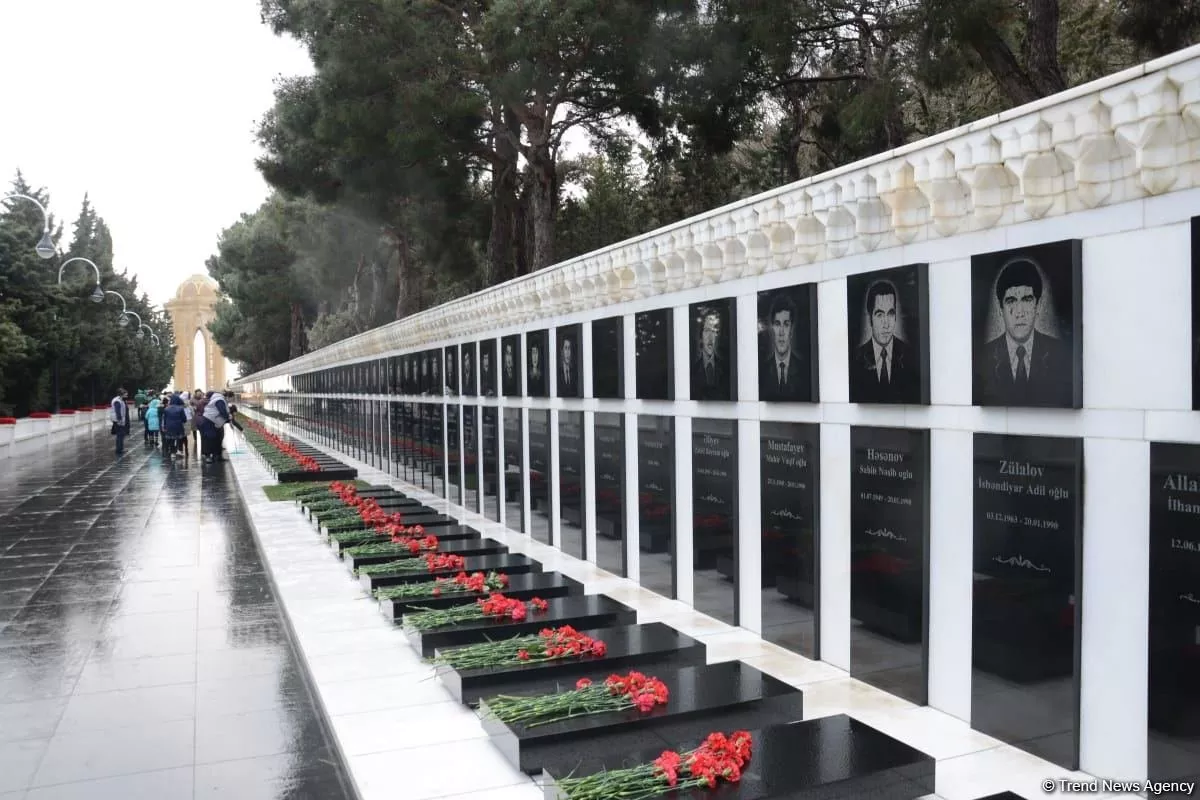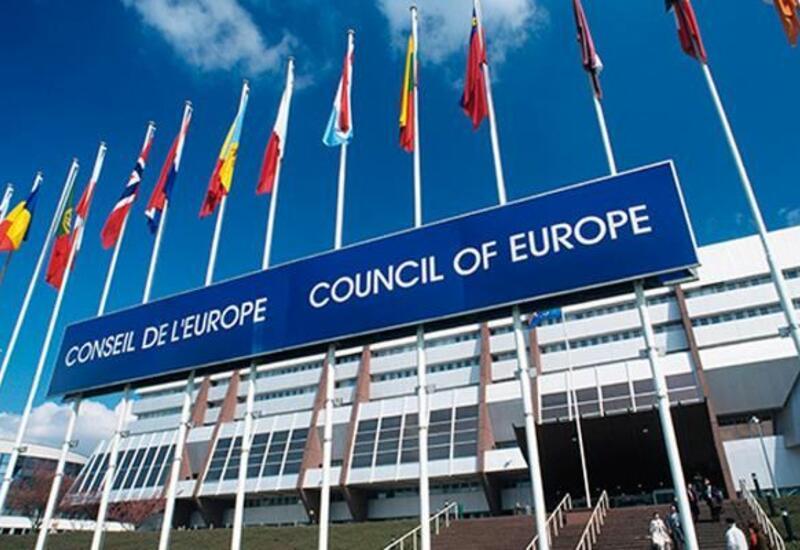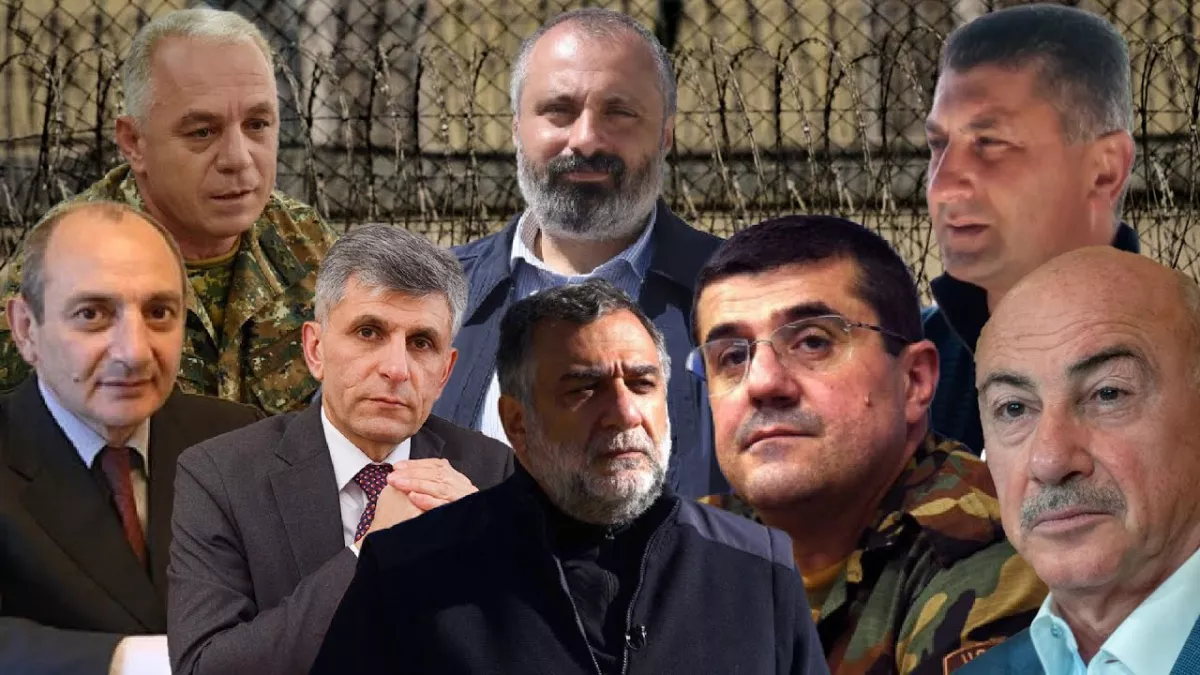Paper shuffling in the Council of Europe Unfounded attacks on Azerbaijan
Theoretically, if the goal is to discredit a country, one could focus on anything—even the number and placement of traffic lights on its streets—and label it as a "departure from democratic norms." This is evident in the case of neighbouring Georgia, where foreign entities impose their own rules on the country, disregarding its national traditions, values, and social norms. The reality, however, is that the pressure exerted by those seeking to intervene will likely face strong resistance from the country in question.
Currently, another example of a misguided action against Azerbaijan is unfolding. This concerns the politicized and overreaching fifth opinion of the Advisory Committee on the implementation of the Framework Convention for the Protection of National Minorities by Azerbaijan. The committee claims that " Restrictions on the freedoms of expression, assembly and association severely limit the possibilities of persons belonging to national minorities to effectively enjoy their human rights, including minority rights." This claim is baseless and false from start to finish.
In Azerbaijan’s media, no distinctions are made based on nationality. People from various nationalities living in the country work in the media, and freedom of speech is fully guaranteed. Azerbaijan has both independent and opposition media outlets. Therefore, this criticism is unfounded. The same applies to the assertion about "restrictions on freedom of assembly." It is well known that the radical opposition attempted to influence the country's political processes, yet their protests attracted only a few hundred to a couple of thousand people at most. Of course, no one has ever banned people of various nationalities from attending these rallies and protests. However, the very limited support for the radicals can be attributed to the fact that their leaders are individuals who questioned Azerbaijan’s military capability to defeat the Armenian occupiers and continue to undermine the country’s restoration of sovereignty and territorial integrity.
The two Nagorno-Karabakh wars demonstrated that Azerbaijan is united across all nationalities residing within its borders. In the war of liberation against Armenian occupiers, Russians, Ukrainians, Jews, Talysh, Lezgins, Tsakhurs, and representatives of other nationalities fought and died, for whom Azerbaijan has always been and will always remain their homeland. Those who doubt this are advised to visit the Alley of Martyrs in Baku, where they can see for themselves.

The Milli Majlis (National Assembly) of Azerbaijan includes representatives from the Russian and Jewish communities. Additionally, Azerbaijan has never experienced any manifestations of antisemitism. Unlike Amsterdam, where Israeli football fans are beaten and humiliated, Azerbaijan stands apart. Therefore, the criticism from the Council of Europe seems entirely misplaced. However, everything becomes clearer after reading the following lines:
"The Advisory Committee assesses, for the first time, the situation in this [Karabakh] region... Following an almost ten-month blockade of the Lachin corridor, the military operation of the Azerbaijani authorities in September 2023 and the sudden reopening of the corridor, more than 100,000 Armenians have left the region," the statement reads.

Once again, falsehoods are being spread. Azerbaijan could not have blockaded the Lachin Corridor for one simple reason: it is Azerbaijani territory. A self-blockade simply does not exist. In reality, as is widely known, the situation was quite different. It was the leaders of the Karabakh junta who imposed the blockade, preventing food aid from reaching Khankendi. This was done to create the illusion of a "famine" in the temporarily occupied territories of Azerbaijan. Their cynical lies were exposed following a one-day anti-terrorist operation in the Karabakh region, which revealed that local warehouses were stocked with food supplies.
To uncover the truth, the authors of the Council of Europe report only needed to review the Armenian press, including the statements of Roman Baghdasaryan, a blogger with close ties to the Armenian leadership. He provided detailed accounts that exposed the greed and dishonesty of the Karabakh junta’s leadership, whose former leaders are now in Baku, awaiting fair trial.

Moving on, the Armenians who left Khankendi and its surroundings were living there illegally. They held Armenian passports, despite being repeatedly offered Azerbaijani citizenship, which they rejected. Therefore, once again, we see an absurd attack against Azerbaijan, with the authors of this criticism making an equally absurd demand. The Advisory Committee's recommendation calls for "immediate action," urging the authorities to create the political, legal, and practical conditions necessary for the safe and unhindered return of displaced Armenians from Karabakh, as well as establishing a special mechanism to address property issues.
The language of ultimatums and threats is inappropriate in dialogue with Azerbaijan. No one, including the Council of Europe, has contributed in any way to the triumph of justice or to the realization of Azerbaijan’s lawful right to restore its sovereignty and territorial integrity. The Council of Europe did not impose sanctions on Armenia for its occupation of 20% of Azerbaijan's territory for over a quarter of a century or for Armenia’s disregard of four UN Security Council resolutions. Armenia has committed numerous crimes, including ethnic cleansing. There are no Azerbaijanis left in Armenia, which has effectively become a mono-ethnic state.
However, all of this is deliberately overlooked by the Advisory Committee on the Framework Convention for the Protection of National Minorities. The committee has adopted a document that is not worth the paper it is printed on, especially considering the absence of any efforts from Armenia’s leadership to facilitate the return of Azerbaijanis who were expelled as early as the late 1980s. It is, figuratively speaking, unacceptable for anyone to put the cart before the horse—particularly those who produce anti-Azerbaijani resolutions, only to expose themselves in an entirely absurd light.








